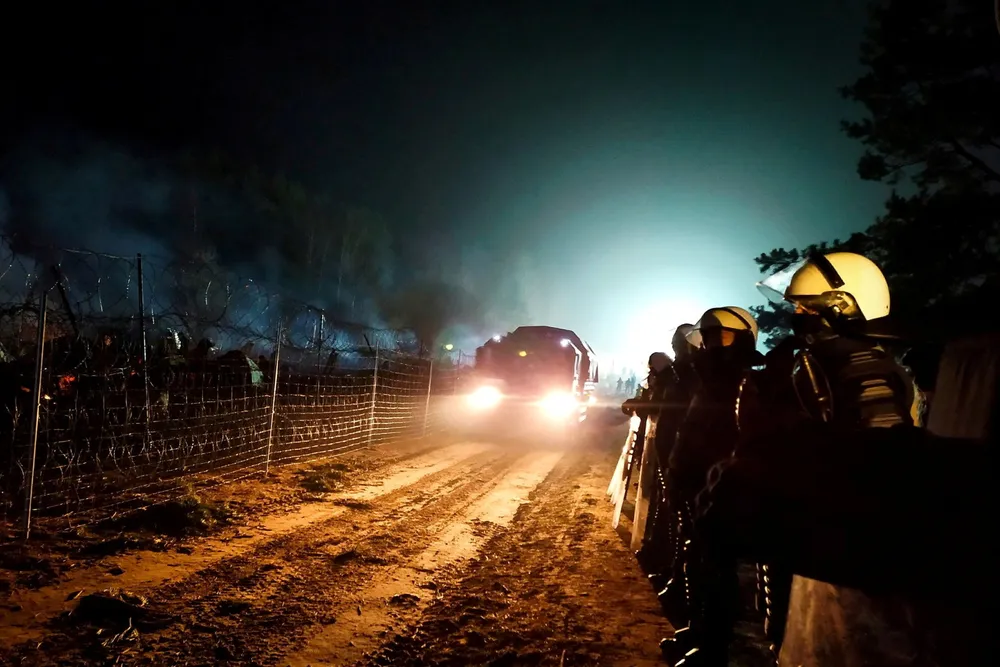Kremlin: Belarus free to decide on gas transit halt over migrant impasse
Russia provides muted response to threats from Belarus to halt gas transit flows to Europe as migrant crisis on Belarus-Polish border escalates

Russia provides muted response to threats from Belarus to halt gas transit flows to Europe as migrant crisis on Belarus-Polish border escalates
